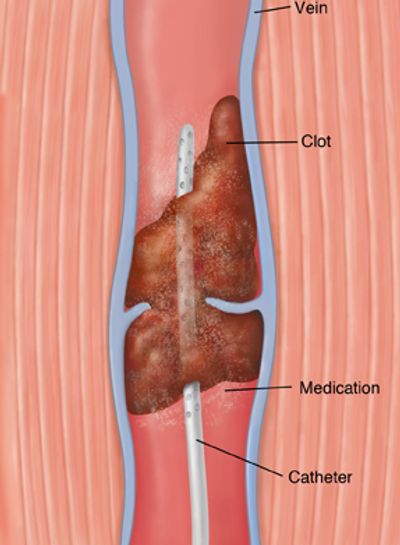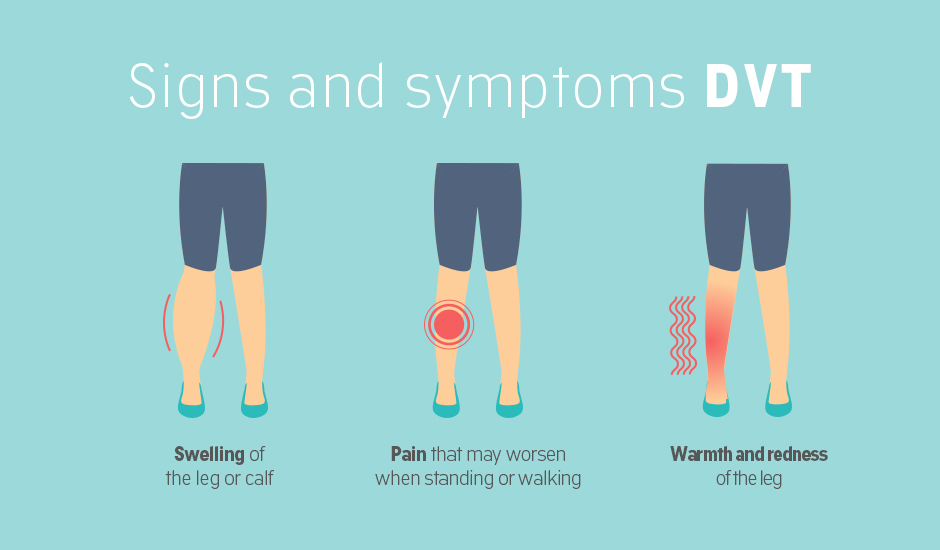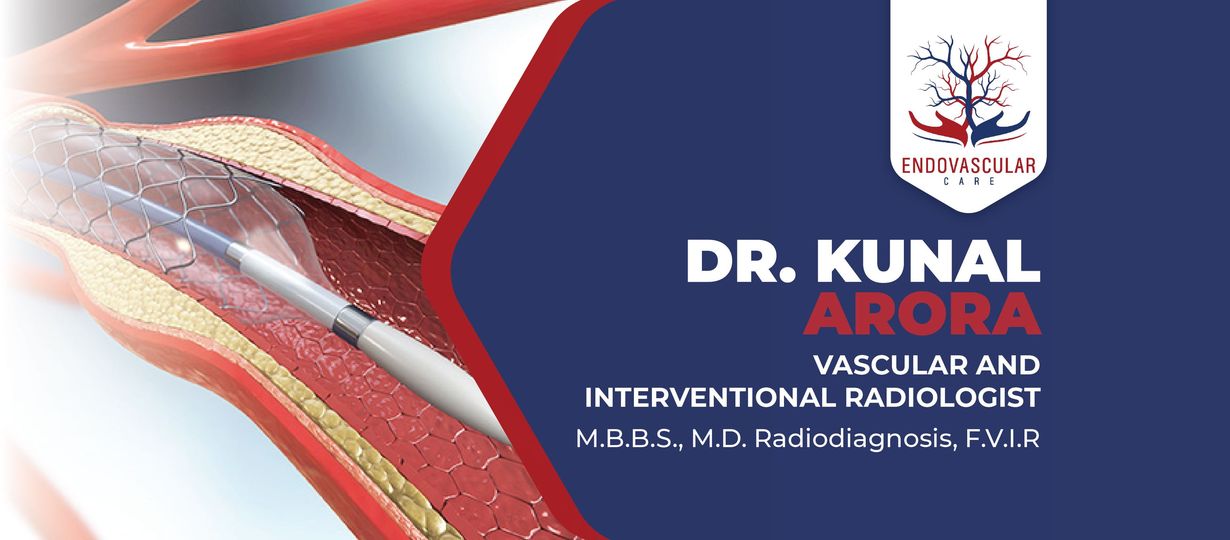Deep Vein Thrombosis (DVT) refers to the formation of blood clots or thrombus within the deep veins, with the legs being the most common location. However, it can also develop in the arms or other parts of the body. In some cases, a portion of the clot, known as an embolus, can break off and travel to the lungs, resulting in a pulmonary embolism. This can block blood flow to all or a portion of the lung, leading to a medical emergency that can be life-threatening.
1- DVT Thrombolysis Focus:
- Primarily treats existing blood clots.
- Effectively dissolves clots and enhances blood flow in affected veins.
2- Limitation in Preventing Future Clots:
- Its primary role is in the treatment of current clots.
- Limited impact on preventing future clot formation.
3- Preventive Measures for Future Clots:
- Address underlying risk factors.
- Implement lifestyle changes to promote vascular health.
4- Medical Interventions:
- Prescription of anticoagulant medications.
- Typically prescribed for a specific period post-thrombolysis.
5- Comprehensive Prevention Plan:
- Involves collaboration with healthcare providers.
- Includes long-term strategies extending beyond the thrombolysis procedure.
6- Patient Involvement:
- Active participation in lifestyle modifications.
- Adherence to prescribed medications and follow-up appointments.
It’s crucial for individuals to recognize the dual approach of DVT Thrombolysis in immediate clot resolution and the subsequent need for a comprehensive, long-term prevention plan to minimize the risk of recurrent deep vein thrombosis.
Elevate your vascular health with Dr. Kunal Arora’s expert DVT treatment in Mumbai. Book your consultation now for specialized care and effective management. Contact us at 9004093053 and prioritize your well-being today.




